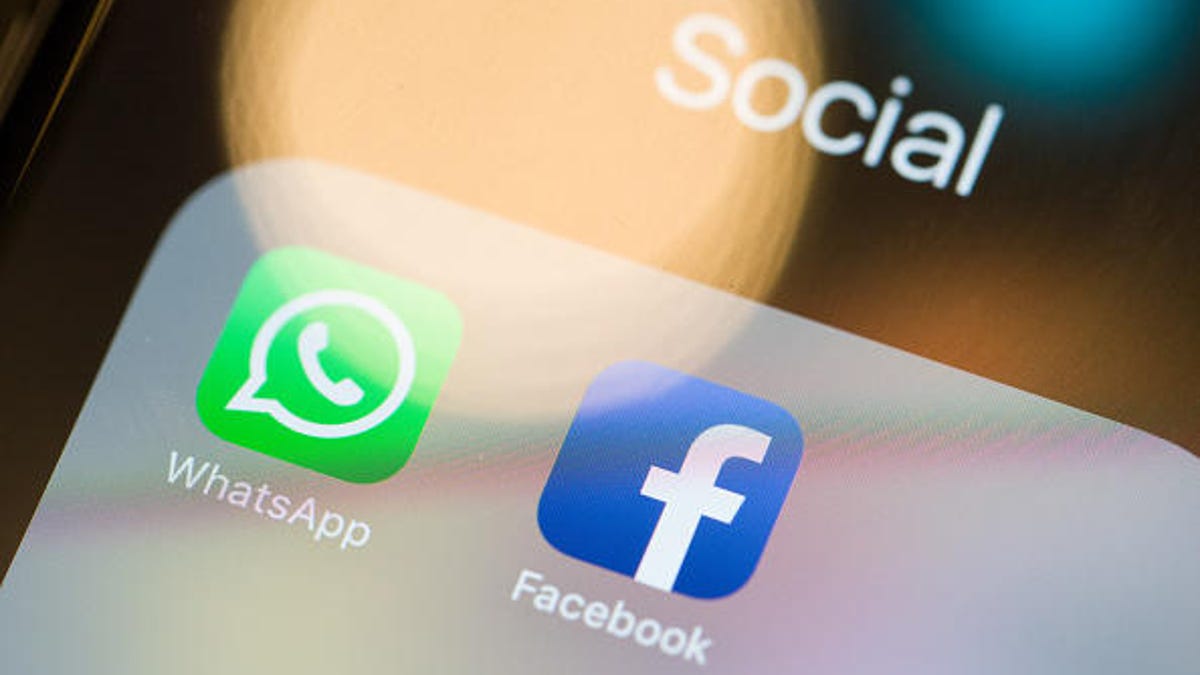People are now looking to WhatsApp for news, study says
A new study shows that while Facebook continues to dominate as people's top choice for news consumption, WhatsApp is catching up.

A new study shows people are increasingly using WhatsApp instead of Facebook for their news consumption.
People are increasingly worried about fake news from Facebook, so they're looking to other places to stay informed -- like WhatsApp .
No, really. This trend has "jumped significantly" and is demonstrated in "a number of markets," according to the Digital News Report, a study from the Reuters Institute and the University of Oxford which surveyed 71,805 respondents from 36 countries.
While 47 percent of respondents said they get their daily dose of news from Facebook, making the social network the most popular platform for this purpose, its popularity has declined in over half of all surveyed countries.
On the other hand, 15 percent of respondents use WhatsApp for news consumption, where news items are messaged between friends directly or in groups. Despite the smaller figure, the report says it's a "significant" jump from the previous year, and it's the second most popular social media platform for news consumption in nine countries.
Using WhatsApp as a source of news consumption is most popular in Malaysia, where 51 percent of respondents say they use it to share or discuss news every week. It's less popular in the US, where only three percent of respondents use it for the same purpose.
Only 24 percent of the study's respondents said they thought social media does a good job at distinguishing real and fake news, less than the 40 percent that said they trusted traditional news media to do the same. Just under 30 percent of respondents said they intentionally avoid the news, with some citing unreliability as the reason.
Facebook has been pressed to fix its fake news problem since the issue came to the public's attention following the US presidential elections last year. The company has since announced measures to fight fake news by enabling a feature that allows users to flag fake news, working with third-party fact-checkers to identify misinformation and shutting down bot accounts.
Special Reports: CNET's in-depth features in one place.
Technically Literate: Original works of short fiction with unique perspectives on tech, exclusively on CNET.

